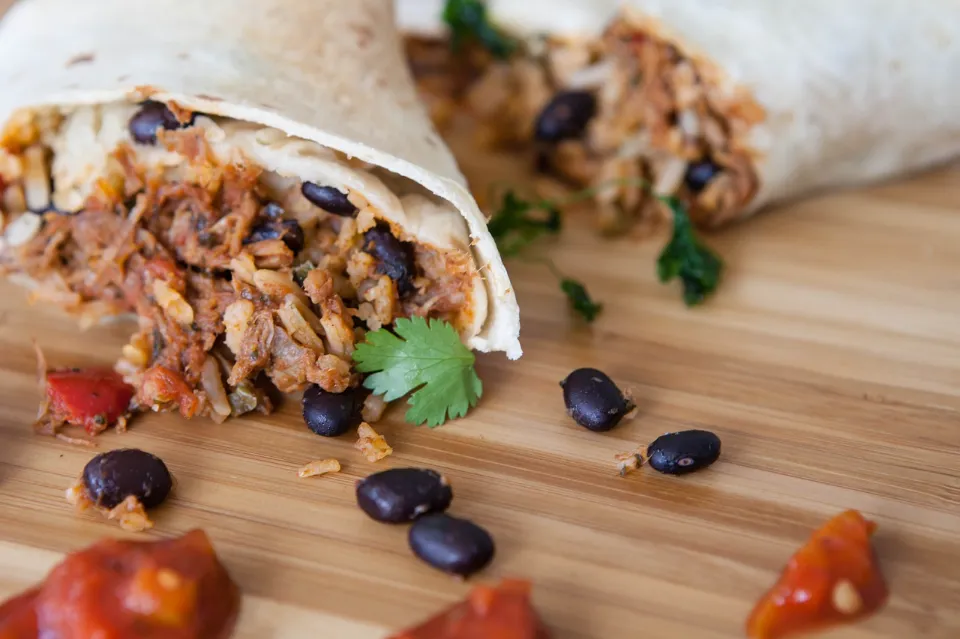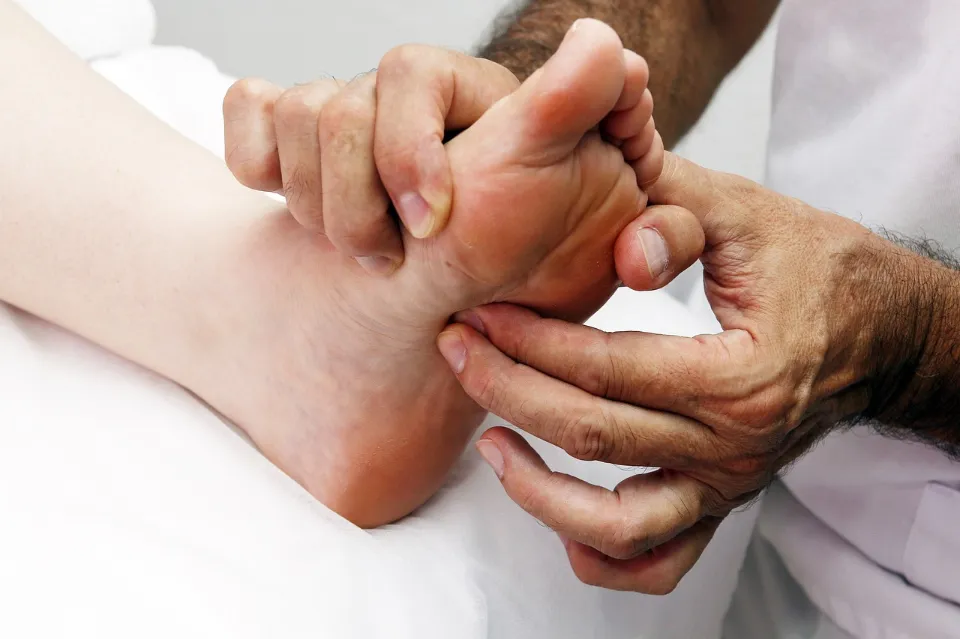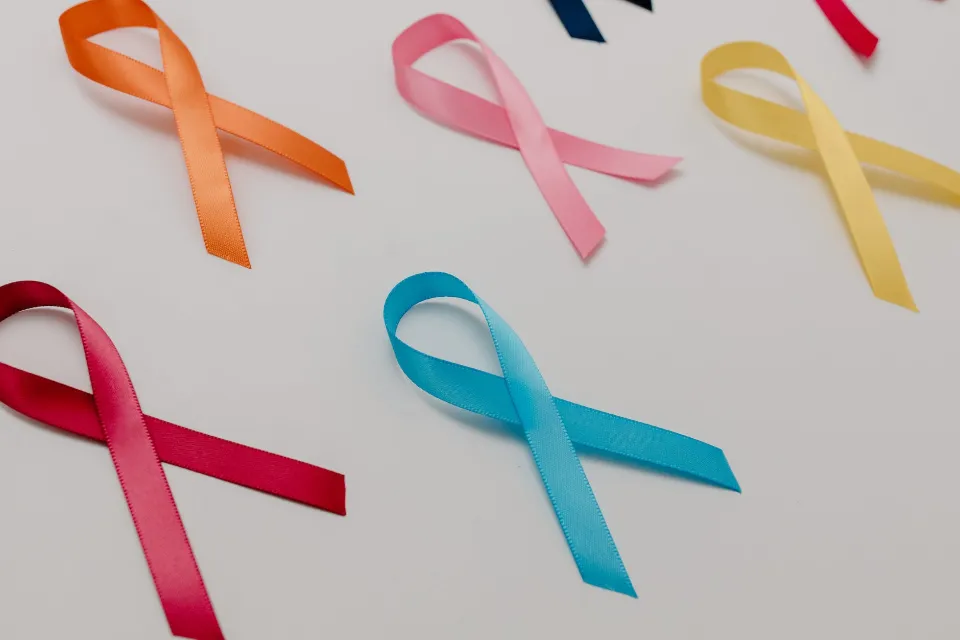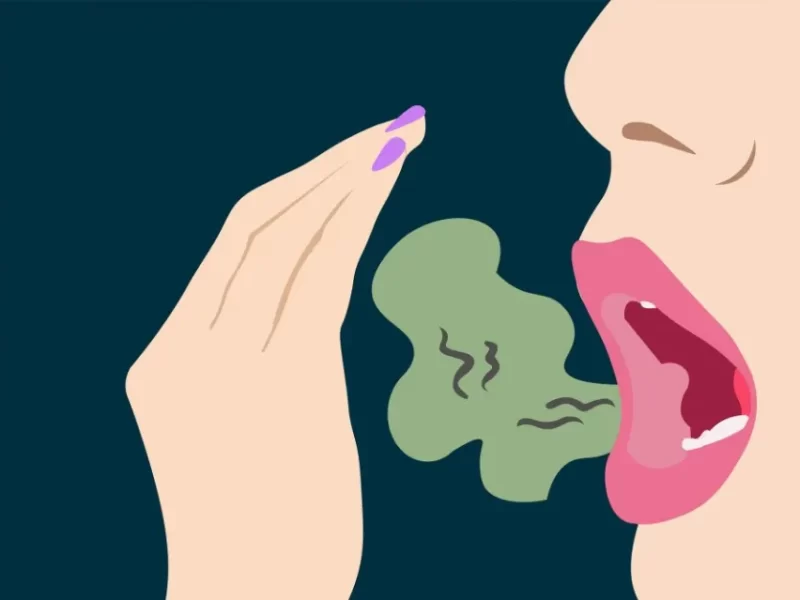As people age, they appear to have to begin worrying about a variety of health issues that they would never have considered when they were younger. Regarding the functionality of your kidneys, this is also accurate.
The kidneys are just one part of a seemingly endless list of body parts that begin to break down as we age. However, because they are in charge of purging toxins from our blood and turning waste into urine, our kidneys play a significant role in maintaining our general health. It’s crucial to preserve the kidneys’ health for as long as possible because they are essential to living long, healthy lives.
It’s best to be aware of the causes of poor kidney function in older people and your treatment options before issues arise.
Why Does the Elderly Kidney Function Become Poor?
It is helpful to first understand what causes the kidneys to fail because this will help you start to comprehend how to slow down or even reverse a decline in kidney function. Below are some of the most common:
One of the most common causes of decreased kidney function in elderly patients is diabetes. Even if your diabetes is under control, it can still harm the nerves and blood vessels in your kidneys.
There are numerous additional reasons why the kidneys may not be functioning properly. Elderly people, especially women, are more likely to get urinary tract infections as they age. The infection has the potential to spread to the kidneys if left untreated. Additionally, older adults are more likely than younger adults to experience problems with urinary incontinence.
Urinary incontinence is uncontrolled leaking of urine from a person’s bladder. This can increase the likelihood of having a urinary tract infection which, in turn, increases the likelihood of kidney damage.
Most people know that high blood pressure can damage your heart, but you might not realize it can cause damage to your kidneys as well.
Finally, renovascular disease, which is the narrowing or even blockage of the renal artery, can reduce the blood supply to your kidneys and reduce function. When it comes to older adults, it is the most frequent cause of kidney failure.
How to Improve Kidney Function in the Elderly?
Although kidney disease can occur at any time and to anyone, people over 60 have a much higher risk of developing the condition. After all, as you age, your kidney ages as well. According to estimates by researchers from Johns Hopkins University, approximately more than 50% of people that are over the age of 75 have kidney disease. As a result, it is crucial that the elderly take the required actions to maintain healthy kidneys. To learn about some actions your loved ones can take to enhance their kidney function, continue reading.
A Healthy Diet
A well-balanced diet is crucial not only for improving kidney health but also for preventing other age-related illnesses and for overall health improvement. A balanced diet will ensure that you get the essential vitamins and minerals needed for healthy body function. Make sure to consume enough fresh produce, including fruits and vegetables, as well as wholesome grains from products like wholewheat pasta and bread. Along with eating more nutritious foods, you should also make an effort to limit your intake of salty and fatty foods.

Drink Enough Water
In addition to ensuring that you consume enough vitamins, minerals, and other nutrients from food, you also need to stay properly hydrated. Your kidneys can work more efficiently if you drink a lot of fluids. Having urine that is straw-colored is a sign that you are adequately hydrated. If the color is any darker than that, you may be dehydrated and need to drink more water. More fluid is lost through sweating in the warmer months, which is especially true.
Control Your Blood Pressure
You should have your blood pressure checked frequently, if you aren’t already. This is due to the fact that high blood pressure, which often goes unnoticed, can significantly raise the risk of developing kidney diseases, particularly in the elderly.
Exercises Regularly
All of the previously mentioned methods share the benefit of assisting you in maintaining a healthy weight. Being too heavy is linked to rising blood pressure levels, which is harmful to kidneys. Body Mass Index (BMI) measurements are one way to determine if you are within a healthy weight range. Consider staying active by setting a weekly goal of at least 150 minutes of moderate exercise to maintain a healthy weight.
Stop Drinking Alcohol and Smoking
You should make every effort to cut down on alcohol consumption and smoking. Otherwise, you should at least try to cut down and limit the amount that you smoke and drink. By drinking too much alcohol or inhaling too much smoke, your blood pressure is likely to be higher, which is one of the main causes of kidney diseases.
Control Blood Cholesterol
It is possible to lower blood cholesterol with the right diet, regular exercise, and, if required, medication. Talk to their doctor about ways to lower their blood pressure if a loved one has high blood pressure.

Address Urinary Tract Infections
The urinary tract and the kidneys are more intertwined than you might think. The four-part urinary system, which in men also consists of the prostate, the urethra, the bladder, and the kidneys, is made up of the kidneys as just one component. UTIs can be avoided by drinking enough water and urinating only when necessary, but if they do happen, take your loved one to the doctor right away.
Summary
Although most older adults experience declining kidney function, there are steps you can take to prevent or slow it down. Most often, these actions are straightforward lifestyle adjustments like increasing walking, eating a healthier diet, and taking medications that can be taken with the guidance of a medical professional.
FAQs
What Foods Help Repair Kidneys?
- Dark leafy greens. Vegetables rich in calcium, vitamins A and C, and other essential minerals include kale, spinach, chard, and collard greens.
- Cranberries.
- Berries.
- Olive oil.
- Sweet potatoes.
What is the Best Drink to Heal Your Kidneys?
While plain water is the best drink for your kidneys, other fluids are perfectly acceptable, including coffee, green tea, low-potassium juices, and infused water. Avoid coconut water and sweetened, carbonated drinks.



